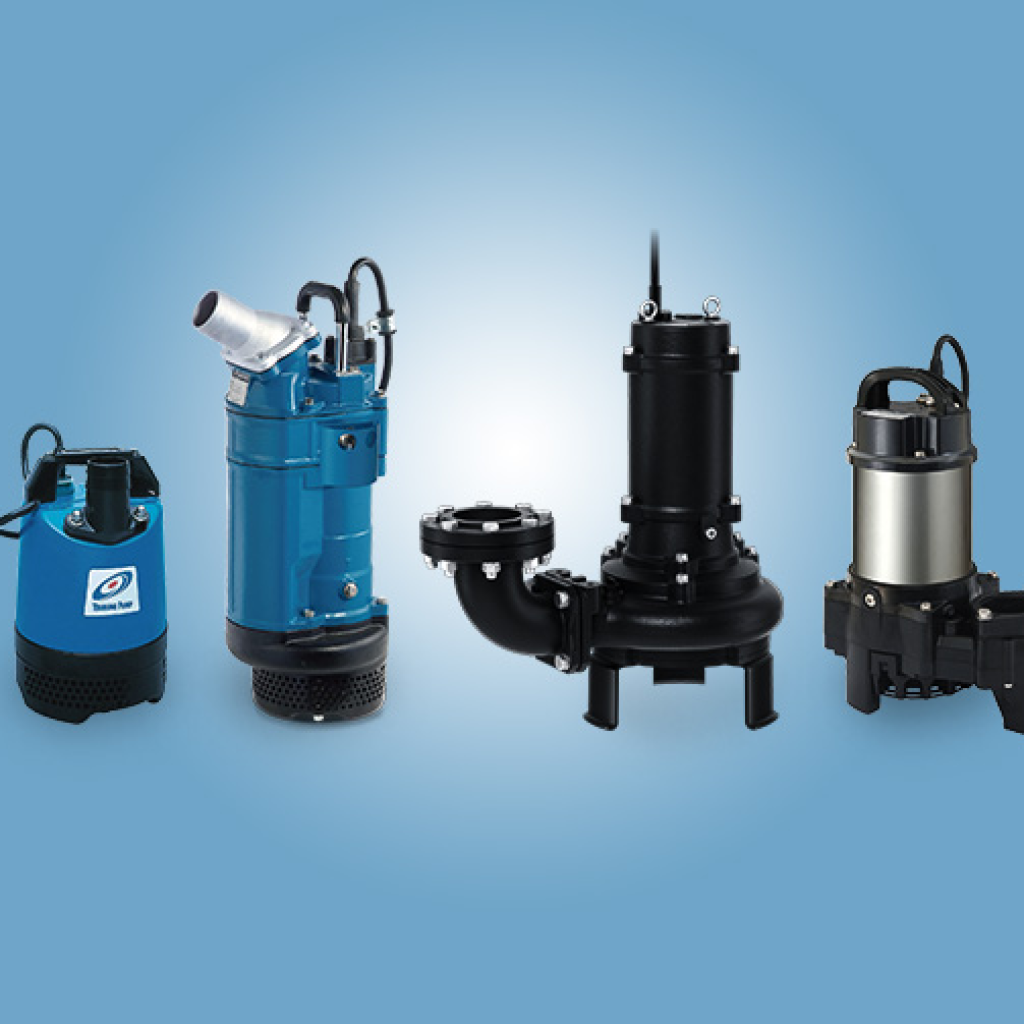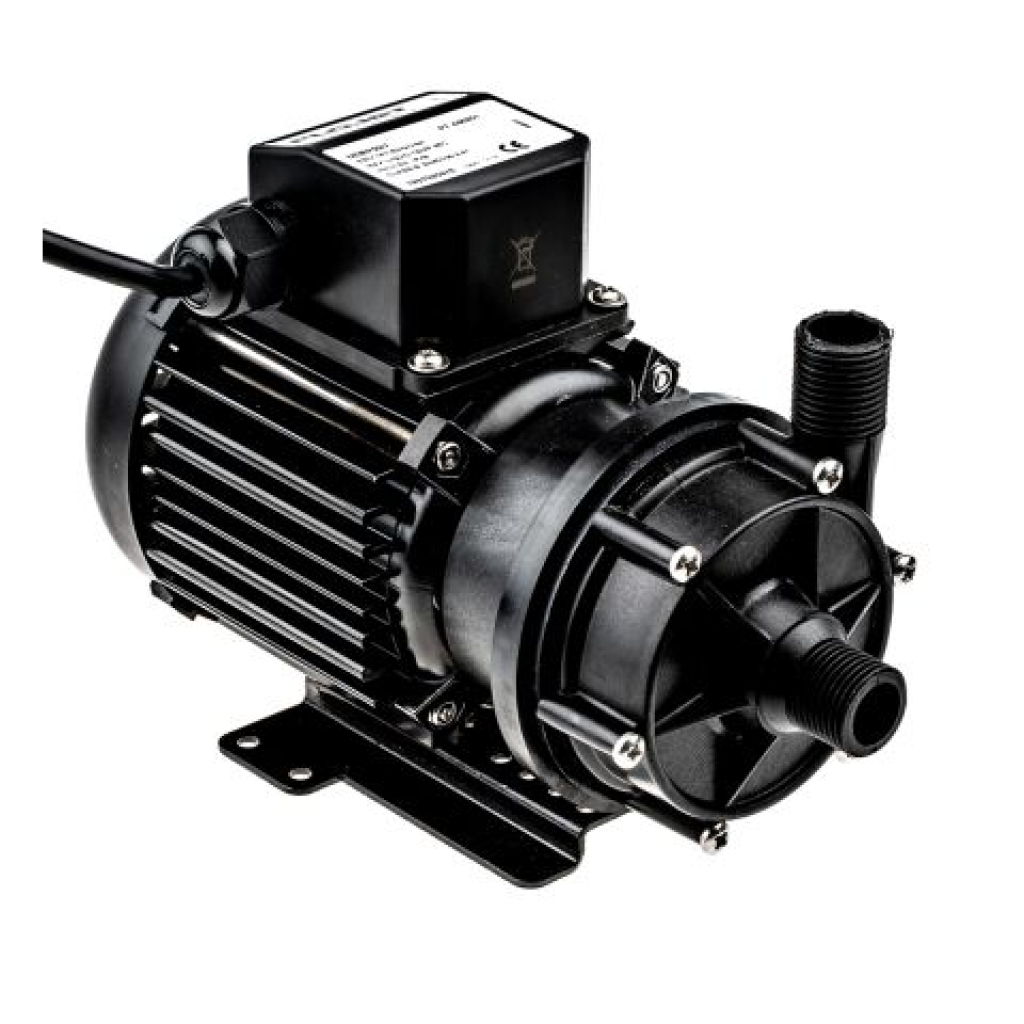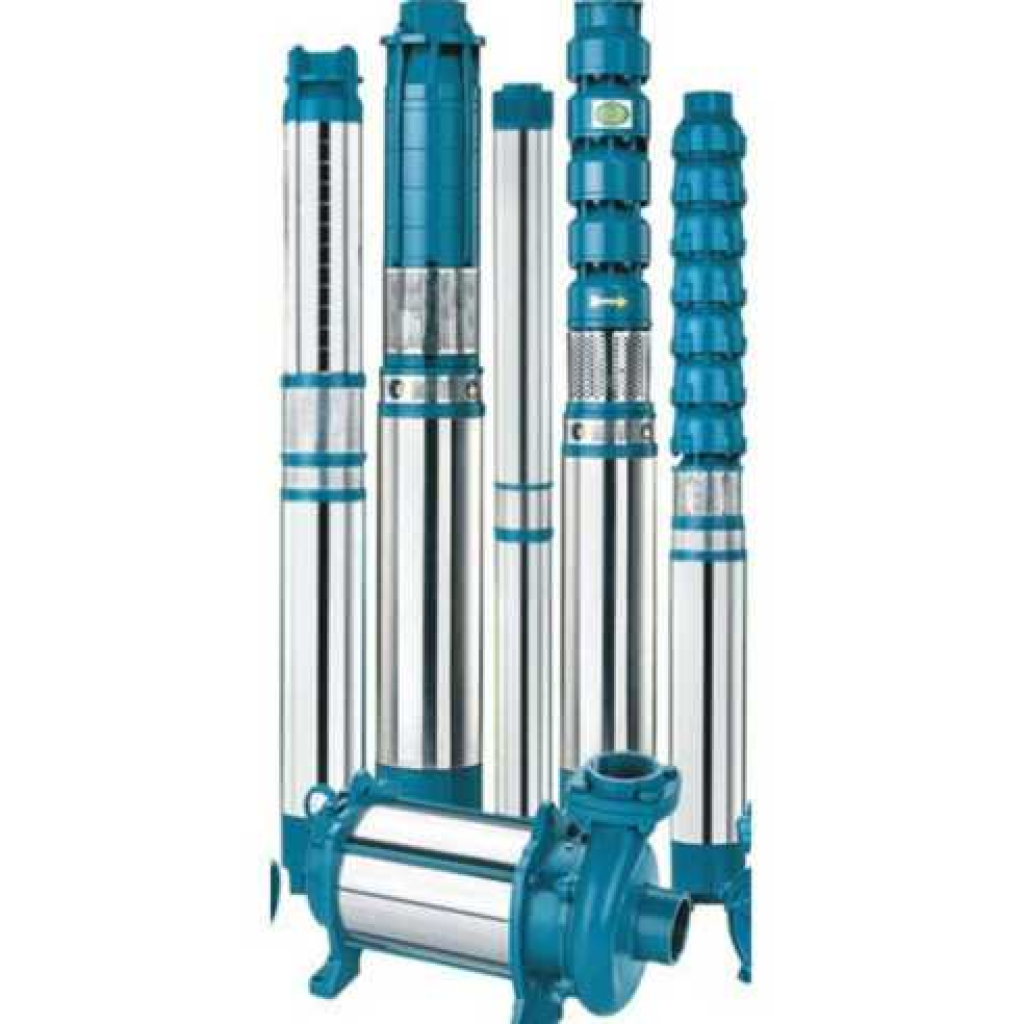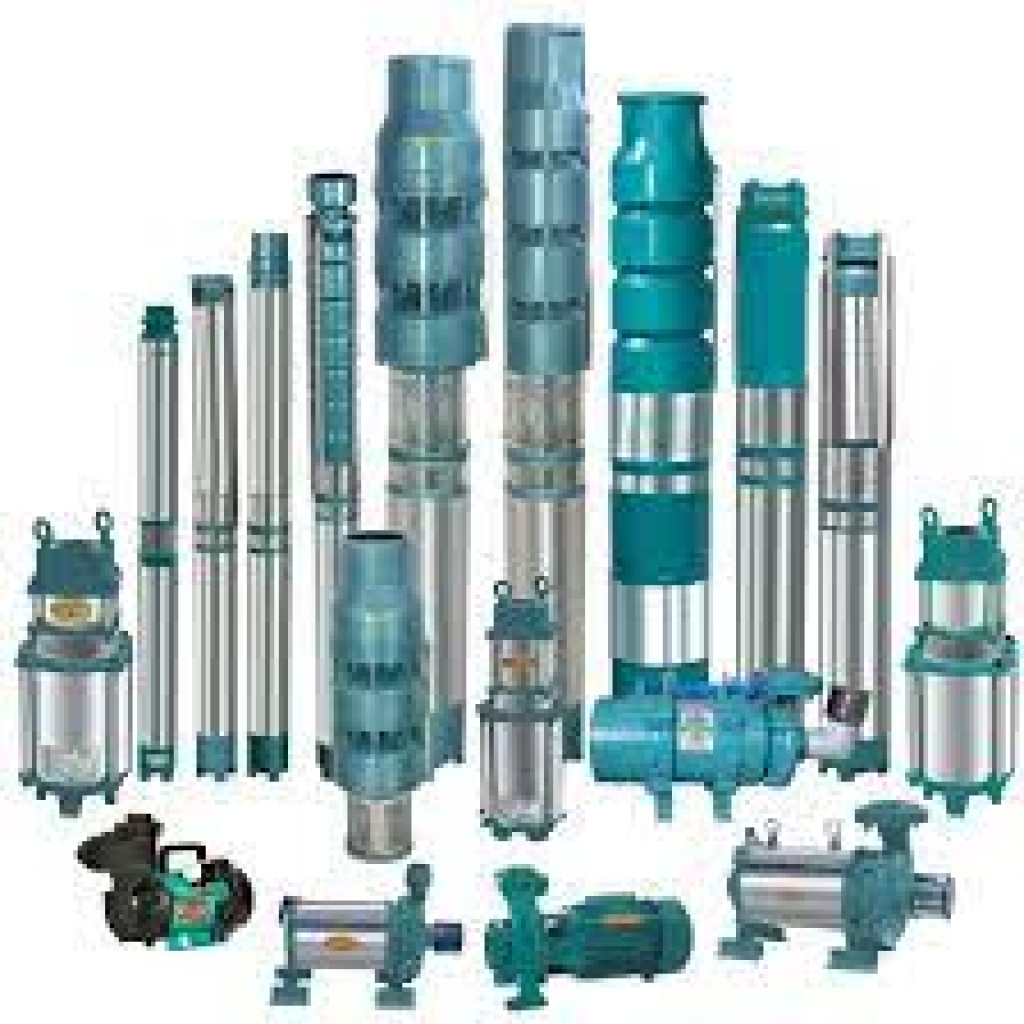Water Pump Singapore -Singapore’s No 1 Best Pumps
Water Pump Singapore: Comprehensive Guide to Choosing the Right Solution for Your Needs
In a highly urbanized and infrastructure-driven environment, the importance of Water Pump Singapore systems cannot be overstated. Whether it is for residential water supply, commercial buildings, industrial processes, or municipal utilities, having a reliable and efficient water pumping solution is essential. The city-state’s focus on sustainability, water security, and technological advancement means that modern water pump systems play a vital role in ensuring uninterrupted water flow, pressure consistency, and energy efficiency.

Introduction to Water Pump Singapore Applications
Singapore’s unique geography and its emphasis on water recycling and management have made water pumps indispensable in several sectors. From delivering potable water across high-rise buildings to managing wastewater treatment plants, a high-performance Water Pump Singapore setup is integral to daily life and industrial operations.

Water Pump Singapore technologies cater to a wide range of applications, including:
- Domestic water supply systems
- Commercial booster pump systems
- Chiller and cooling tower circulation
- Process industries and chemical dosing
- Fire protection systems
- Drainage, dewatering, and sump pit management
- Rainwater harvesting and irrigation
- Water treatment and RO plant operations
Understanding the specific use case helps in selecting the right Water Pump Singapore configuration for long-term performance and cost savings.
Types of Water Pump Singapore Solutions
To serve such a diverse market, there are numerous types of Water Pump Singapore solutions, each engineered for specific requirements.
1. Centrifugal Pumps
Centrifugal pumps are the most commonly used Water Pump Singapore types, ideal for clear water and low-viscosity liquids. They operate efficiently with consistent pressure and are used in municipal water systems, HVAC plants, and clean water transfer systems.
2. Submersible Pumps
Submersible Water Pump Singapore solutions are designed to operate while completely submerged in liquid. They are commonly used for deep well pumping, stormwater drainage, and wastewater treatment. Their sealed motor prevents electrical hazards and ensures safe underwater operation.
3. Vertical Multistage Pumps
When high pressure is required in a compact footprint, vertical multistage Water Pump Singapore units are the preferred choice. These are used in high-rise buildings, commercial water boosting systems, and boiler feed applications.
4. End Suction Pumps
Horizontal end suction pumps are a widely used Water Pump Singapore configuration for general water transfer, HVAC systems, and irrigation systems. They are easy to install, service, and align.
5. Pressure Booster Pumps
A pressure booster Water Pump Singapore system ensures steady water pressure across different levels of a building or facility. They are commonly integrated with variable frequency drives (VFDs) for optimal pressure control.
6. Diaphragm and Dosing Pumps
In industries where chemical dosing is required, diaphragm pumps provide metered, controlled flow. These Water Pump Singapore systems are integral in water treatment, pharmaceutical manufacturing, and industrial processes.

Benefits of Choosing the Right Water Pumps Singapore System
Opting for the right Water Pumps Singapore solution can significantly enhance operational efficiency, cost-effectiveness, and system longevity.
1. Energy Efficiency
Modern Water Pumps Singapore systems come with energy-saving features such as variable speed drives, automatic shut-off, and pressure sensors. Energy-efficient systems reduce utility costs and support Singapore’s national sustainability goals.
2. Durability and Reliability
Well-built water pump systems with corrosion-resistant components and thermal protection features ensure consistent operation even in demanding conditions.
3. Minimal Maintenance
An optimally selected Water Pumps Singapore model reduces downtime due to failure, clogging, or overheating, thus minimizing maintenance needs and costs.
4. Application-Specific Design
Tailored Water Pump Singapore systems are designed to match the pressure, head, and flow requirements of specific applications, ensuring maximum operational efficiency.
5. Smart Integration
Modern water pump systems in Singapore support IoT integration, enabling remote monitoring, predictive maintenance, and performance analytics through centralized dashboards.
Industries That Rely on Water Pump Singapore Systems
Singapore’s economy spans numerous industries, and each relies heavily on efficient Water Pumps Singapore systems:
1. Building and Construction
Construction sites require high-capacity dewatering, drainage, and concrete curing water supply. Water Pumps Singapore setups here must be robust, portable, and easy to deploy.
2. Commercial Buildings and High-Rises
Tall buildings need pressure booster pump systems to ensure equal water supply across all floors. The Water Pumps Singapore solutions here must be designed with VFDs and smart pressure controls.
3. Manufacturing and Process Plants
Industrial processes need accurate dosing, high-volume transfer, and chemical handling. A properly engineered Water Pumps Singapore system is critical to maintain workflow, safety, and compliance.
4. Municipal Utilities
Drainage, sewage pumping, and water supply management by public utilities depend on durable and energy-efficient Water Pumps Singapore infrastructure for smooth city-wide operation.
5. Marine and Offshore
In offshore environments, Water Pump Singapore units must withstand corrosive atmospheres and rough handling. Pumps are used for bilge management, firefighting, ballast control, and fuel transfer.
6. Agriculture and Landscaping
From irrigation to aquaponics, Water Pumps Singapore units help deliver consistent water supply for crops and green spaces across the island.
Critical Considerations When Selecting a Water Pumps Singapore System
Choosing the correct Water Pumps Singapore system involves technical assessments and environmental considerations. Below are the most important factors to evaluate:
1. Flow Rate and Head
Determine the required flow rate (L/min or m³/hr) and total dynamic head (TDH) to ensure that the selected pump meets your application’s hydraulic demands.
2. Liquid Type
Identify the fluid characteristics (viscosity, temperature, corrosiveness, and solids content) to choose a compatible Water Pumps Singapore type.
3. Pump Material
The material of construction (stainless steel, cast iron, plastic, bronze) should match the fluid’s corrosiveness and operating conditions.
4. Power Supply
Verify the electrical requirements of the Water Pumps Singapore system: voltage, phase, and frequency, especially in industrial and offshore settings.
5. Control System
Modern pumps include advanced control options like auto-start, dry run protection, VFD control, and remote monitoring, increasing the value of your Water Pumps Singapore system.
6. Space Constraints
Horizontal vs. vertical installations, base-mounted vs. skid-mounted—these are influenced by available space and accessibility. Compact Water Pumps Singapore designs are essential for urban settings.

Sustainable Water Pump Singapore Technologies
In alignment with Singapore’s Green Plan 2030, sustainability plays a critical role in selecting Water Pump Singapore equipment. Modern water pumps are designed for:
- Low energy consumption
- Solar-powered operation
- Rainwater harvesting system integration
- Greywater reuse systems
By using energy-efficient motors, VFDs, and intelligent automation, Water Pumps Singapore systems reduce carbon emissions and operational costs.
Maintenance of Water Pumps Singapore Systems
While advanced water pump systems are designed to be low-maintenance, routine inspection and servicing are essential for long-term reliability.
Recommended Practices:
- Inspect mechanical seals, bearings, and couplings regularly.
- Ensure proper alignment of motor and pump shafts.
- Clean filters, impellers, and suction strainers to avoid blockages.
- Lubricate components as per OEM standards.
- Monitor temperature, vibration, and noise for early fault detection.
- Run test procedures for standby pumps periodically.
By following these practices, you ensure your Water Pumps Singapore investment stays efficient and trouble-free.
Water Pumps Singapore: Innovation & Future Trends
The water pump industry is evolving to meet smart city demands. In the near future, Water Pumps Singapore systems will see further integration with technologies like:
- AI-Powered Predictive Maintenance
- IoT-Based Real-Time Monitoring
- Wireless Sensor Networks
- Green Certification and Smart Grids
Advanced software platforms will allow asset managers and building operators in Singapore to control, monitor, and optimize their Water Pumps Singapore networks from smartphones or centralized command centers.
Why It Matters: The Role of Water Pump Singapore in Urban Living
Without efficient Water Pumps Singapore systems, the city’s essential services—from potable water distribution to fire protection and sewage management—would collapse. With increasing demand for water in vertical buildings, integrated industrial parks, and self-sustained eco-towns, the role of modern water pumping technologies continues to grow.
Proper engineering, installation, and maintenance of Water Pumps Singapore solutions ensure:
- Safe water access for all citizens
- Reliable sanitation and waste handling
- Fire safety across residential and commercial complexes
- Seamless operations in factories and treatment plants
Detailed Industry Applications for Water Pump Singapore Systems
To fully understand the vast utility of Water Pump Singapore systems, it’s essential to explore case-based examples that reflect the unique requirements of different sectors.
1. Water Pump Singapore in Data Centers
Data centers are a critical infrastructure in Singapore’s digital economy. These facilities require precise cooling systems 24/7 to maintain optimal server performance. Chilled water pumps and condenser circulation units form the heart of the cooling loop. Here, the Water Pump Singapore solution must provide:
- Constant flow rate even under high loads
- Redundancy with backup pump systems
- Energy-efficient VFD operation to manage cooling demand
By integrating intelligent pump control systems with building management software, facility operators can fine-tune pump behavior to match real-time heat load.
2. Water Pump Singapore for Pharmaceutical & Biotech
Singapore is a regional hub for biotech and pharmaceutical manufacturing. Cleanroom environments and sterile processing lines rely on ultra-pure water systems that require highly specific Water Pump Singapore setups:
- Sanitary-grade stainless steel centrifugal pumps
- Diaphragm metering pumps for chemical dosing
- CIP (Clean-In-Place) compatible designs
- Hygienic seals and no dead-leg zones
These Water Pump Singapore systems must comply with FDA, GMP, and ISO standards, ensuring product safety and regulatory compliance.
3. Marine and Offshore Platforms
In offshore operations and shipyards, Water Pump Singapore systems must operate in highly corrosive environments with minimal human intervention. These include:
- Ballast pumps
- Bilge and dewatering pumps
- Seawater intake pumps for cooling
- Fire pumps with diesel backup
Durability and marine-grade construction are key to ensuring the Water Pump Singapore setup withstands salt exposure, vibration, and high-pressure fluid flows.
4. Commercial Green Buildings
With BCA Green Mark incentives driving eco-friendly developments, green-certified buildings now include rainwater harvesting and recycled water systems. These systems require efficient Water Pump Singapore integration for:
- Irrigation
- Toilet flushing
- Greywater circulation
- Condensate return systems
Sustainable Water Pump Singapore configurations include solar-powered booster pumps and pumps integrated with rain sensors and weather-based irrigation controllers.
Technical Performance Indicators for Water Pump Singapore Equipment
Evaluating the right Water Pump Singapore solution requires more than selecting a brand or size. It involves understanding key performance metrics, including:
1. Pump Curve Analysis
A pump curve shows how the flow rate changes with pressure (head). Every Water Pump Singapore system must be selected based on this curve to avoid inefficiency, cavitation, or overheating.
2. NPSH (Net Positive Suction Head)
A critical factor in pump design. If NPSHa (available) is less than NPSHr (required), cavitation can damage the impeller. Proper Water Pump Singapore design ensures adequate NPSH margins.
3. System Curve Integration
In real-world scenarios, pump performance must match system resistance, especially in complex piping layouts. A successful Water Pump Singapore setup calculates total head loss through:
- Pipe friction
- Fittings and valves
- Elevation change
4. Duty Point & Operating Range
A well-selected Water Pump Singapore unit will operate close to its Best Efficiency Point (BEP), minimizing wear and reducing energy consumption.
Regulatory and Safety Compliance for Water Pump Singapore Installations
Singapore enforces strict standards when it comes to building services and mechanical equipment like water pumps. Every Water Pump Singapore installation must comply with:
1. PUB Regulations
The Public Utilities Board (PUB) mandates backflow prevention devices for potable systems and licensing for certain installations. Water Pump Singapore systems for buildings must:
- Prevent contamination of drinking water
- Comply with PUB’s Code of Practice for Water Services
2. SCDF Fire Pump Requirements
Firefighting pump sets are critical safety components. Water Pump Singapore fire systems must meet SCDF specifications, which include:
- Diesel or electric motor-driven pump
- Secondary backup pump
- Jockey pump for pressure maintenance
- Pressure switches and alarm integration
3. Workplace Safety and Health (WSH)
Pump rooms and plant installations must comply with WSH standards for noise, vibration, accessibility, and emergency shutdown. Water Pump Singapore systems must:
- Use sound-attenuated enclosures for high-noise pumps
- Include vibration isolators
- Be protected against electrical hazards
Skid-Mounted Water Pump Singapore Packages
To simplify deployment and ensure plug-and-play operation, many projects prefer Water Pump Singapore systems that are skid-mounted.
Advantages of Skid-Mounted Systems
- Factory-tested and pre-assembled
- Faster site installation and commissioning
- Reduced fieldwork and wiring
- Integrated control panel and piping included
- Modular design allows easy expansion
These pre-engineered Water Pump Singapore skids are used for:
- Booster pump systems
- RO water treatment
- Chemical dosing skids
- Fire protection units
Variable Frequency Drives (VFDs) in Water Pump Singapore Installations
VFDs are no longer optional in most Water Pump Singapore systems. They provide:
- Speed control based on pressure or flow demand
- Reduced electrical consumption
- Soft start/stop to protect motor and pipes
- Less hydraulic shock and noise
By operating only when needed, a VFD-controlled Water Pump Singapore installation reduces energy bills by up to 40% while increasing system life.
Common Pitfalls in Water Pump Singapore Projects
Even the best pumps can fail if improperly selected or installed. Avoid these costly mistakes:
- Choosing incorrect pump size (oversizing leads to inefficiency)
- Installing without suction pipe support (leads to vibration and leaks)
- Ignoring alignment (causes premature bearing failure)
- Skipping priming (dry running damages seals)
- Operating against a closed valve (risk of overheating and burst)
Proper engineering supervision ensures a long-lasting and high-performance Water Pump Singapore outcome.
Digitalization of Water Pump Singapore Systems
Industry 4.0 is revolutionizing infrastructure. Today’s Water Pump Singapore solutions include:
- Cloud-based SCADA systems for centralized monitoring
- Predictive maintenance via machine learning algorithms
- QR-coded asset management for fast service and diagnostics
- Mobile apps for remote pump control and alerts
Digital tools help building managers proactively maintain performance and efficiency of their Water Pump Singapore systems.
Eco-Friendly Solutions and Future Outlook
Singapore is one of the world’s leading nations in water sustainability. Future-ready Water Pump Singapore solutions will integrate:
- Renewable energy sources (solar, tidal, wind)
- Rainwater harvesting with automated pump operation
- Greywater and blackwater segregation
- IoT-enabled leak detection and water quality sensors
Green building certifications and government incentives are pushing for energy-labelled Water Pump Singapore systems to support the low-carbon future.
Designing the Right Water Pump Singapore System: What Engineers Consider
When specifying a Water Pump Singapore solution for commercial or industrial use, professional engineers evaluate several interdependent criteria to ensure reliability, safety, and lifecycle economy.
1. Hydraulic Design Principles
The heart of every pump selection is a hydraulic calculation. A Water Pump Singapore system must deliver the exact flow and pressure to its destination point without overloading the motor or damaging the pipeline.
- Flow Rate (Q): Expressed in m³/h or L/min, this determines the volume of water the system must handle.
- Total Dynamic Head (TDH): Includes vertical lift, friction loss through pipes, fittings, and valves.
- Pump Efficiency (η): The ratio of water power output to electrical input. Modern Water Pump Singapore models exceed 70–85% efficiency in optimal conditions.
2. Environmental Conditions
Singapore’s tropical climate presents unique challenges such as:
- High ambient temperatures
- Frequent rainfall and high humidity
- Risk of corrosion due to saline coastal winds
Therefore, Water Pump Singapore systems often feature:
- IP55+ motor enclosures
- Tropical-rated insulation
- Corrosion-resistant coatings on pump bodies
- Stainless steel internals for exposed parts
These environmental factors are critical in choosing the right Water Pump Singapore configuration for outdoor, rooftop, or marine installations.
3. Acoustic Control
In residential and commercial settings, pump noise can be a significant concern. Engineers often design Water Pump Singapore systems with:
- Anti-vibration mounts
- Acoustic enclosures
- Flexible connectors to reduce pipe-borne noise
- Insulated pump rooms
Noise control is especially crucial in hospitals, schools, and condominiums.
Pump Lifecycle and Maintenance Planning in Singapore Context
The lifecycle cost of a Water Pump Singapore installation includes not just the upfront capital cost, but also the long-term operational and maintenance expenditure (OPEX).
Stages of the Pump Lifecycle:
- Procurement & Installation
- Includes pump purchase, piping, electrical connection, testing.
- Requires professional commissioning to avoid warranty voidance.
- Routine Operation
- Monitored by facility managers using flow meters, pressure sensors, or smart dashboards.
- Preventive Maintenance
- Monthly, quarterly, or annual inspections including:
- Checking motor bearings
- Seal leakage inspection
- Impeller clearance checks
- Electrical connection tightening
- Alignment and vibration testing
- Monthly, quarterly, or annual inspections including:
- Condition-Based Monitoring
- Advanced Water Pump Singapore units support IoT sensors to track:
- Bearing temperature
- Motor load current
- Pump vibration levels
- Advanced Water Pump Singapore units support IoT sensors to track:
- Refurbishment or Replacement
- Depending on duty cycle and maintenance, Water Pump Singapore systems last 7 to 15 years.
- Refurbishment may include motor rewinding, seal kit replacement, or impeller replacement.
By implementing lifecycle-focused planning, facilities can optimize their Water Pump Singapore investments for maximum return.
Water Pump Singapore for Wastewater and Sludge Handling
Wastewater treatment is a high-demand sector for Water Pump Singapore systems. From influent water lift to sludge recirculation and chemical dosing, specialized pump technologies are used.
Pump Types in Wastewater Sector:
- Non-clog submersible pumps for sewage and stormwater
- Progressive cavity pumps for sludge and slurry
- Peristaltic hose pumps for thick or abrasive fluids
- Centrifugal pumps for clarified effluent
- Dosing pumps for chemical feed (chlorine, polymer, pH adjustment)
Materials such as duplex stainless steel or rubber-lined impellers are preferred to resist abrasion and chemical corrosion.
Water Pump Singapore and Water Treatment Systems Integration
Modern water treatment plants – whether residential, commercial, or industrial – rely heavily on well-integrated Water Pump Singapore components.
Common Integration Scenarios:
1. RO (Reverse Osmosis) Systems
- High-pressure multistage pumps are used to drive water through membranes.
- Precise flow control is critical for membrane longevity and water recovery rates.
- VFDs allow fine-tuned flow pressure settings.
2. Filtration Systems
- Pumps are needed before and after media filters to maintain constant flow.
- Backwash pump configurations require pressure-reversal capability.
3. Softening and Demineralization
- Water Pump Singapore units must tolerate corrosive regeneration chemicals like brine, acid, and caustic soda.
4. UV or Ozonation Systems
- Flow uniformity is key to disinfection effectiveness.
- Any pump-induced pulsing or cavitation can reduce performance.
Smart City Infrastructure and the Role of Water Pump Singapore Systems
Singapore’s Smart Nation initiatives incorporate intelligent infrastructure into water management. Water Pump Singapore technology is central to this, enabling:
- Water conservation: Pumps regulate flow for non-potable uses like flushing or irrigation.
- Remote water quality monitoring: Pumps transmit flow rates and pressure data to central dashboards.
- Fault alarms and alerts: Sudden drops in pump head or flow trigger SMS/email alerts.
- Smart metering: Water usage is measured at pump discharge points for usage-based billing in condos or industrial parks.
Redundancy and Reliability: A Critical Factor in Water Pump Singapore Design
In mission-critical facilities like hospitals, data centers, or airports, redundancy is essential. A well-designed Water Pump Singapore system includes:
- Duty + Standby configuration: Two pumps, with one active and one on standby.
- Auto changeover controllers: Automatically swap pumps in case of failure or during scheduled maintenance.
- Battery backup or diesel-driven alternatives: For use during power failure scenarios.
These features ensure uninterrupted water flow, even during emergency conditions.
Fire Pump Systems: The Special Role of Water Pump Singapore in Safety
In Singapore, fire safety systems require dedicated Water Pump Singapore configurations adhering to strict fire code guidelines. These systems include:
- Jockey pump: Maintains system pressure at standby level.
- Electric main pump: Activates during demand or pressure drop.
- Diesel pump: Ensures redundancy in case of power failure.
- Test line and flow meter: Required for routine testing without discharging into system.
Regular testing and certification are mandatory, and pumps must meet SCDF performance specifications.
Future-Proofing Water Pump Singapore Systems
As urban density increases and water demand becomes more complex, future Water Pump Singapore designs must be:
- Modular – Easily scalable as buildings expand or demand increases
- Digital-Ready – Supporting AI, cloud monitoring, and API integrations
- Energy-Labeled – To meet government green building compliance
- Multi-Utility – Pumps may serve dual use for potable and process water
Smart controllers, plug-and-play sensors, and real-time analytics are no longer optional. They define the next generation of Water Pump Singapore infrastructure.
Conclusion: Elevating Infrastructure with the Right Water Pump Singapore Systems
From the tallest skyscraper to the deepest underground tunnel, every part of Singapore’s infrastructure depends on the performance of efficient Water Pump Singapore systems. The key to ensuring durability, sustainability, and reliability lies in choosing the right pump configuration, adhering to maintenance best practices, and integrating modern automation features.
As Singapore continues its journey as a water-resilient and smart nation, investing in high-performance Water Pump Singapore solutions is not just a necessity—it’s a strategic advantage.
Contact Information:
- Website: https://flomek.com
- Email: sales@flomek.com
- Phone: +65 1234 5678
- Address: 123 Industrial Avenue, Singapore 567890
Get in touch with us today to discuss your project or request a quote. Let Flomek help you find the perfect pump solution to keep your operations flowing smoothly. Pump manufacture in yishun
Also Read – Best pump services Pump manufacture in yishun
Copyright © Flomek 2024, All Right Reserved.Designed and Developed by ❤️ Krigo Softwares






Leave A Reply